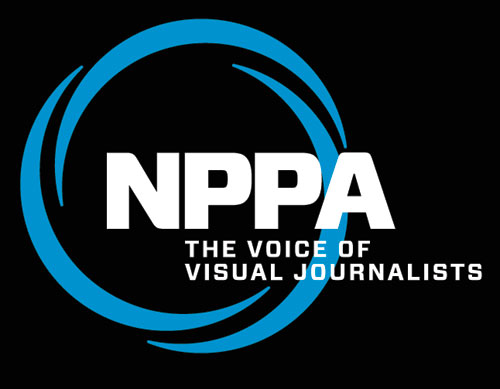NPPA ETHICS COMMITTEE RELEASES STATEMENT ON DISQUALIFIED WORLD PRESS PHOTOS
Feb 21, 2015 Ethics
ATHENS, GA (February 21, 2015) – With winners in several of the annual photojournalism competitions being announced, and the NPPA on the verge of judging its own photo competition, once again the public, already skeptical of the idea of journalistic accuracy in photography, is learning that not everyone entering those contests adhered to widely accepted ethical standards in those entries.
Last year World Press Photo announced that eight percent of finalists were disqualified for manipulations to their images deemed unethical by the contest. This year that number rose to 20 percent.
The questions raised by those statistics are numerous. What do we read from the fact that the percentage rose? Are more photojournalists seeing a justification for altering their work? Are they doing it daily, or just for the competitions? What sort of manipulation is taking place?
Debates continue throughout the industry as to what sort of post-processing is acceptable. There is still disagreement about the use of High Dynamic Range in photojournalism. There are some who still contend that selective toning to mask content, or even use of a “clone” tool to do the same, can be considered acceptable.
Is technology moving too fast for journalists to adapt? Are the pressures of the marketplace too great to allow for ethics? Is it more important to stand-out at whatever cost in this market than to stand up for the ethics of accuracy that should, in our humble opinion, be the hallmark of journalism everywhere?
The leaders of the World Press Photo competition should be applauded for setting a standard and enforcing it. The simple expectation that finalists furnish original image files at final judging ought to be deterrent to any manipulations to the contest entries, and yet obviously this is not the case.
The vast majority in the field of photojournalism feel strongly that the ethical standards under which we work are vital to the survival of journalism. The reaction to the news of the disqualifications in one of the field’s most esteemed showcases has caused such furor for just this reason.
Absent the ability to view actual examples of disqualified work, we are left with speculation and hypothetical examples and this is not the stuff from which good journalism springs. We need concrete facts from which to discuss and draw conclusions.
The time has come for those photographers whose work was disqualified by World Press to come forward and present their work in the interest of educating the members of the profession and opening the further dialog as to the development of ethical standards for the practice of photojournalism.
The NPPA Ethics Committee does not believe in conducting a “witch hunt” but we also do not believe that it is in the best interests of any involved in the profession, or in the outside perception of the profession, for matters to remain unresolved.
World Press is within their rights to disqualify images as they see fit. They are also within their rights, perhaps even bound by legal precedent, to refuse to release images on their own.
This is why the NPPA Ethics Committee strongly encourages those involved to release their images and either stand by their work or admit their transgression, and offer explanation and engage in the dialog about what the standards are and/or should be.
At a time when our industry has lost one of its great watchdogs in David Carr and we have seen the downfall of a network news anchor for embellishing the facts, we must now, as much as ever, take actions that show our commitment to factual reporting and the ethical standards that guide our actions.
From the preamble to NPPA’s Code of Ethics: Photographic and video images can reveal great truths, expose wrongdoing and neglect, inspire hope and understanding and connect people around the globe through the language of visual understanding. Photographs can also cause great harm if they are callously intrusive or are manipulated.
NPPA’s Ethics Committee is chaired by Sean D. Elliot. The committee members are Peter Southwick, Steve Raymer, Bethany Swain, and emeritus chair John Long,

